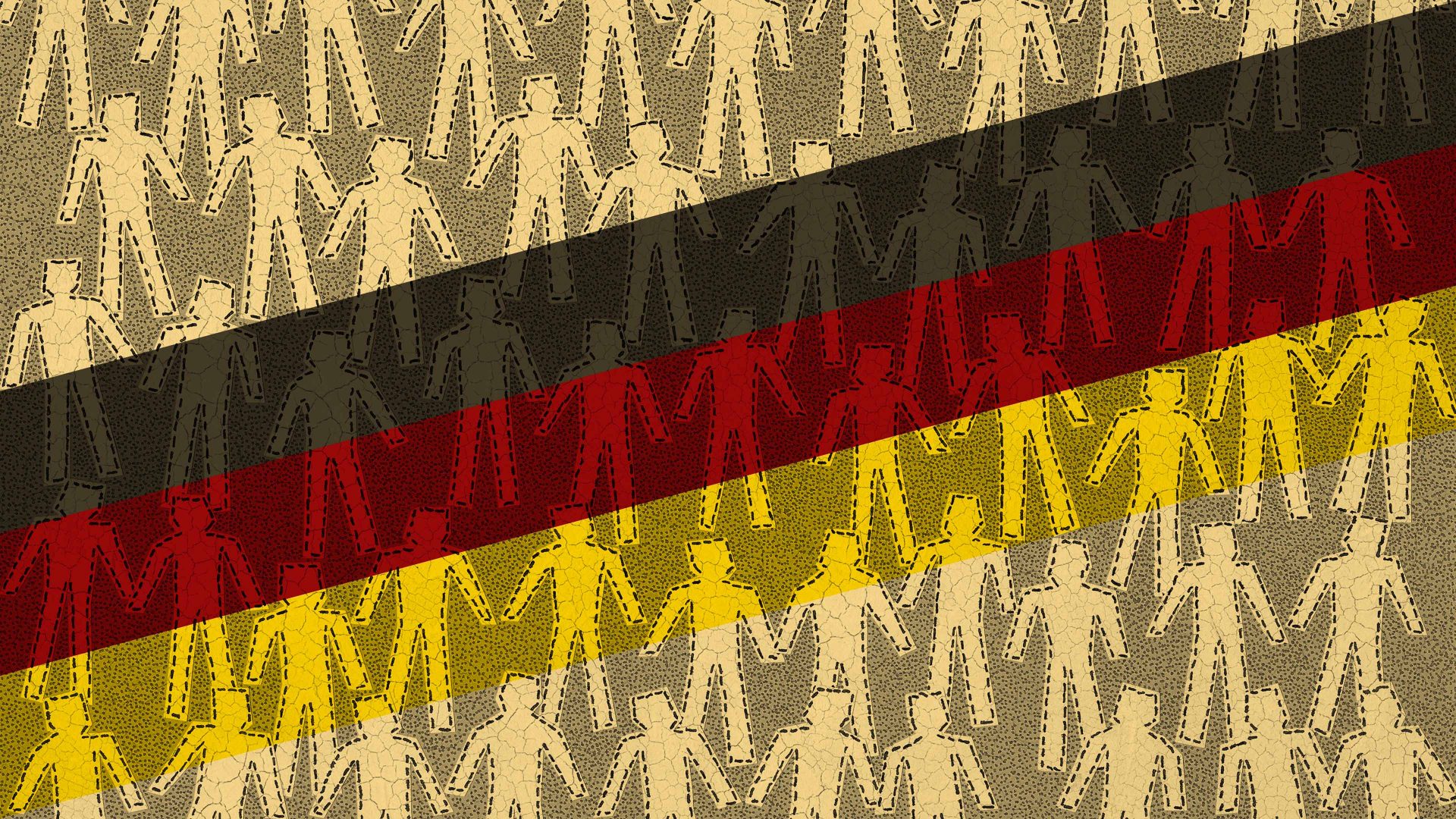For a while now, I’ve wanted to write about Suella Braverman’s “dream” – the one about the Telegraph front page hailing her Migrant Airways opening up a new route to Rwanda. It was just a matter of time, I thought, until one of Germany’s own more populist-leaning politicians would hail her “innovative way” of relocation.
But to my surprise it hasn’t crept into our political playbook at all. It seems even fringe parties fear that praising UK government policy will make them about as popular here as the German football team is in Qatar.
So Rwanda isn’t an option for us. Still, we are no closer than you in addressing, let alone solving, the issue.
Germany currently sees 30,000 new applications for asylum per month (in comparison: 45,000 people crossed the channel to come to the UK in the whole of 2022). Add that to the million-plus refugees from Ukraine and you understand why mayors are hoarse from sending cries for help to Berlin.
There is plenty of déjà vu when you think about the refugee crisis in 2015-16:
- Local authorities and private supporters doing their utmost to organise housing (albeit with less media coverage and no general “welcome” sentiment).
- Concerned citizens (like the village with 500 inhabitants hearing about a container-village being built for 400 asylum seekers nearby), often exploited by neo-Nazi protests.
- Anger fuelled after crimes committed by migrants who should have been sent home, had the Abschiebung worked as it should (we say Abschieben – push-back – or Rückführen – return – because, in German, the term “deportation” is historically charged).
Even political adversaries agree that the current system does not really work. Once in Germany, the chances of staying are high, for two reasons:
First, the German factor. In Germany now there are around 300,000 people who are legally obliged to leave the country but have yet to do so. They have no residence permit, mainly because they could not prove a right to asylum. The majority still cannot be deported, because the procedure regularly takes years. In the meantime, migrants enter an apprenticeship, start a family, fall ill. All these are humanitarian reasons for exceptional leave to remain.
Living in fear of this exceptional leave not being renewed each year certainly isn’t fun, but the rule of thumb is: the longer you stay, the longer you stay.
Also, because of the domestic situations there, Germany doesn’t deport people to countries like Afghanistan or Iran, unless they are serious criminal offenders.
Finally, it’s the Bundesländer, individual states, that are in charge of deportations – and for years, some have had no political interest in it as the numbers weren’t high enough to cause concern.
Second, the homeland factor. Deportations only work with the home countries’ cooperation.
According to FAZ, the Frankfurter Allgemeine Zeitung newspaper, German interior ministries have (unofficial) lists of countries ranked from A (willing to cooperate, eg Balkan states) to D (problematic, eg north African states).
EU-wide, there are also complaints that some countries show no interest in taking back their citizens, despite a legal obligation to do so: consulates, which don’t confirm identities and consequently deny or massively delay the documentation necessary to board a plane. Permits, if issued at all, which have a very short-lived validity. State airlines that must sometimes be used for deportation flights, often with a very limited schedule. And so on…
Faced with this, and with the cost of deportation (police staff, planes chartered), a popular demand is to cut foreign aid to make countries comply.
For poorer countries, emigrants sending money to their families are even more important than development assistance. It’s an old problem.
Angela Merkel called for “a national exertion” to enforce Abschiebungen in 2017; Olaf Scholz recently stressed the need for a “resolute solution”. There’s talk yet again of installing asylum centres in north Africa to process applications from there, but north African countries react with silence.
There has been a novelty though: all eyes are now on the newly created federal migration officer, Joachim Stamp, a liberal former state minister for integration.
Typically, he doesn’t have the formal authority (or staff, or budget) to tell a ministry what to do, but he has to coordinate and negotiate deals. Germany would, for instance, offer a contingent of regular visas to a partner country that would take back irregular migrants – not everyone else’s irregular migrants, just their own citizens.
His success is vital: the general public’s acceptance of refugees and asylum seekers depends on it.




